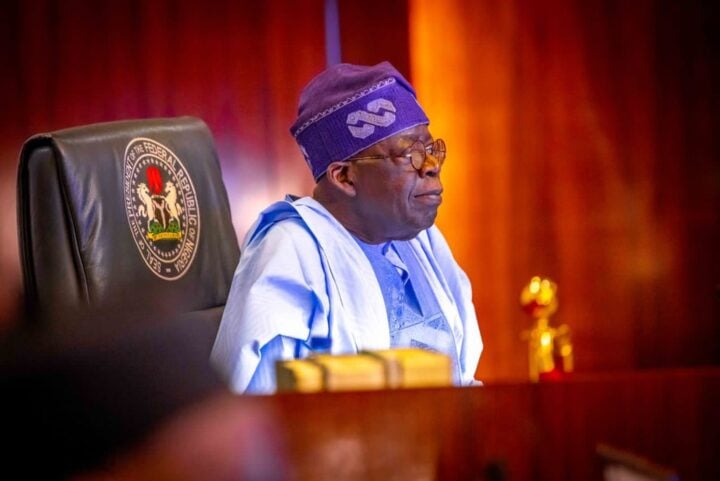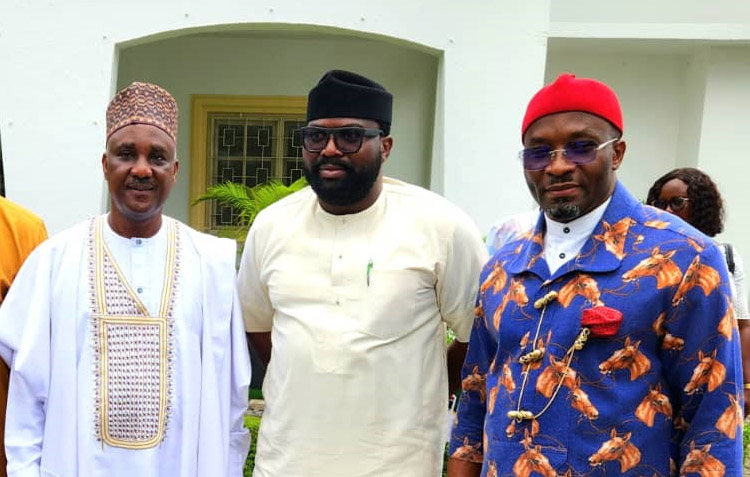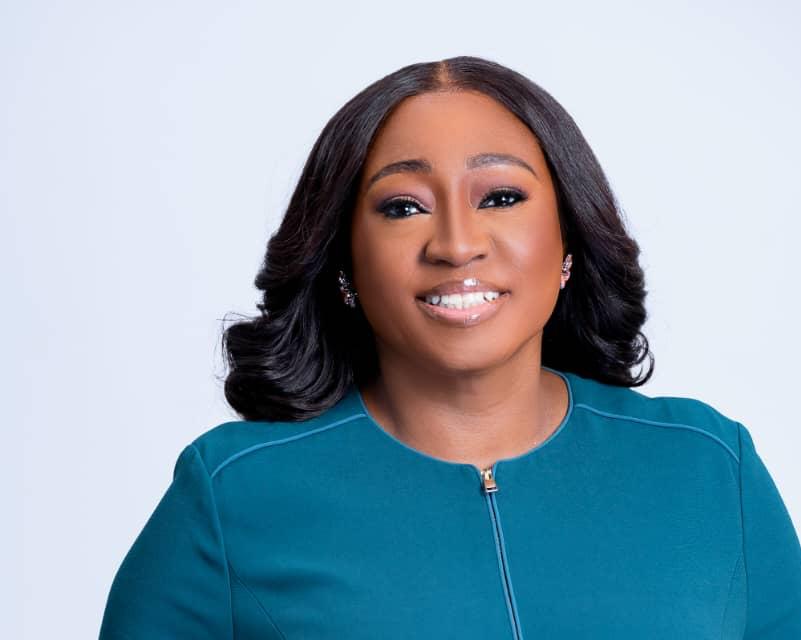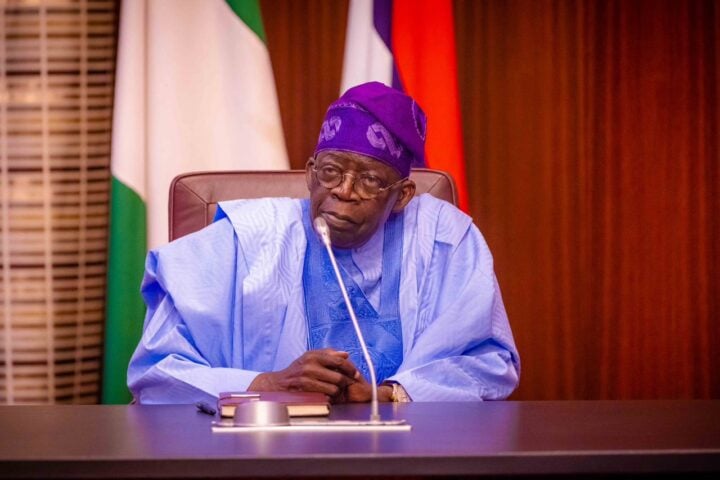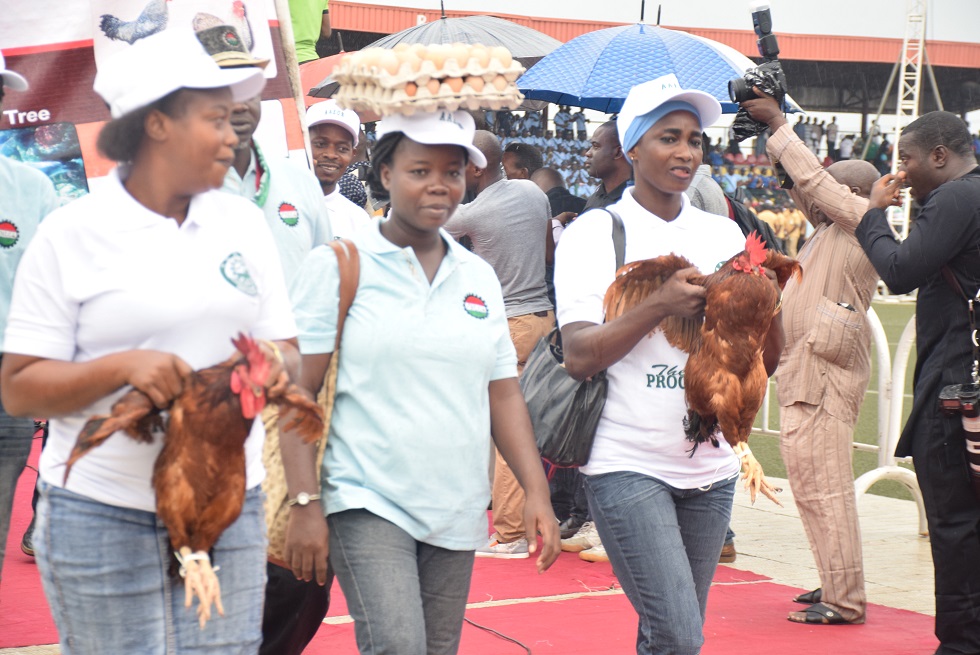BY OPEOLUWA DAPO-THOMAS
One thing about ministerial lists is that it gives an exposè to citizens, analysts, investors, and the media on the direction in which your administration is headed. First impression matters in governance.
As we await the most anticipated cabinet list since the turn of democracy, I caught wind of an interesting conversation somewhere on Twitter transcribed below;
Twitter User 1: “You people should stop these talks about how you expect President Tinubu to appoint technocrats into his government and not “compensate” politicians. Who’s a technocrat?”
Advertisement
Twitter User 2 replied the comment: “When it’s their own turn let them go and appoint technocrats to campaign and govern for them”
Twitter User 3 joined the thread : “What is a technocrat? They just love the highfaluting word. Are those appointed illiterates? Maybe na technocrats help the man win his election. Rubbish talk. Anyone who can do the job is welcome to come and work and produce results. Shikena”
Twitter User 2 adds more to the discussion: “Technocrats wey sit down for abroad o, no campaign no contribute! Only to come enjoy the perks of governance now that d politicians have suffered to work and get victory for their party! Na who technocrat epp? Abeggi!!”
Advertisement
One of the biggest dilemmas Nigerian presidents face is the appointment of cabinet members. Winning a national election is one battle. Proving to Nigerians why you are the best man for the job and maintaining political stability in the process is another battle. To achieve this, you need to finesse how you appoint competent people plus appease politicians who view cabinet positions as their rewards for their electoral contributions.
Some have suggested key positions such as the ministry of finance, minister of petroleum, and CBN governor as no-go areas for politicians. Some have said to appoint technocrats and settle politicians with government contracts with the caveat that they deliver efficiently. Buhari appointed 43 ministers after the 2019 election from 36 states. Some have suggested the president should give the governors of his political-party-controlled states the carte blanche to nominate a technocrat from their state. That way he appeases them and gets to work with the “right” people.
It’s a tough dilemma.
A politician supports you in the election. He “delivers” about 500,000 votes from his region. He canvasses support for you in every state he visits. He leverages identity politics to woo his kinsmen in the process – with the hope of getting compensated with a cabinet position.
A technocrat meanwhile is a subject matter expert with strong industry experience who may not put out a word for you publicly during the elections – but would honour the president’s call to serve and implement much-needed expertise to fix structural issues in the economy.
Advertisement
The politician vs technocrat debate is a highly debated conversation between two divides who make cases for their cause. Team Politician believes politicians put in so much work pre-election to be abandoned for someone who didn’t contribute to campaigns. Team Technocrat believes there is too much at stake to be handing over the country’s fortunes to the hands of lesser qualified politicians because of compensation.
This debate is not only particular to Nigeria. The technocracy movement was a social movement active in the United States and Canada in the 1930s which favoured technocracy as a system of government over representative democracy and concomitant partisan politics.
You would stretch back to Obasanjo’s government where the country had assembled some of the finest technocrats with World Bank’s renowned Ngozi Okonjo Iweala leading the charge. But Obasanjo could afford such luxury to select technocrats as the political battles he faced were not as contentious as today.
But are technocrats really the game changers? In between writing this piece, I just listened to a self-acclaimed technocrat cum politician who claims to have 9 university degrees that include Cambridge, Oxford, and Havard.
Advertisement
In his Channels Television interview, he explained generously without charging a consultation fee how Nigeria can clear off her debt in 90 days. He said FG should take a loan 10 times the size of what we are currently owing from 5 to 6 EXIM banks that will offer 30% discount through “bridge gap financing” with a “repayment period” of 40 years and a “moratorium” of 10 years. Something along this line. He also added that Nigeria still has legroom to incur 70% more debt as our debt to GDP ratio is still 30%. The jury is out if Nigeria can afford to have him as a minister of finance at this critical time of our lives.
On a state level, let us look at Anambra. Anambra has had 17 years of technocrat rule. From the infallible Peter Obi who was the youngest chairman of Fidelity Bank to his successor Willie Obiano who was the executive director of Fidelity Bank that is currently succeeded by Professor Charles Soludo who is arguably one of the country’s best former Central Bank governors.
Advertisement
But the million-dollar question is – does Anambra fall into the top 5 states in the country as of today? Or what metrics can we use to measure the impact of technocrats on the state?
Has Onitsha realized its potential as the trade hub of the country? Have the leaders self-organized the billionaires in Nnewi to embark on PPP projects to solve state issues?
This begs the question – Are some of Nigeria’s issues in need of technical expertise or sheer political will to see things through? While Adams Smith can explain the economic importance of subsidy removal, Adams Oshiomhole can avert a national strike and prevent social instability which would resist the removal of subsidy.
Advertisement
I will make reference to a World Bank piece on the implementation of BRTs in Lagos state to explain more. World Bank attempted to implement the BRT system in South Africa but faced resistance from the local bus operators who did not want to lose out on the new change in urban transportation. The same scenario was going to play out in Lagos but for the political will and support from Governor Tinubu who helped in integrating the BRTs and phasing out the “Molues”. So while World Bank did its thing with the technical implementation of BRT, Governor Tinubu was pulling strings with stakeholders to see Africa’s first BRT scheme succeed.
So do we need an agriculture minister who is well-versed in integrated pest management, wildlife in a farming environment, and post-harvest physiology? Or do we need an agricultural minister who understands how to fix the supply chain issues with food distribution from the north-central to other parts of the country? A minister who can self-organise the state governors in extending arable land that aligns with the federal government’s objective of creating room for agriculture. A Minister who understands that food takes 60% of Nigerian’s purchasing power and understands he has the most challenging job in the country in bringing that figure down. An agricultural minister who can rally every stakeholder in the country to focus on backward integration to solve the billion-dollar food import bill that feeds Nigeria in the process.
Advertisement
From these scenarios, we can reach a consensus that the new ministers must have the balance to understand the issues in their various fields and have the political will to execute and implement the necessary reforms. Knowledge alone isn’t sin qua non to success and political power plays a more crucial role in the Nigerian terrain. Ipso facto having political will does not necessarily also translate to ministerial capacity.
Nigeria’s president has a tough task ahead. He has ground out electoral victory in one of the most contested elections in the country’s history. He has debts to repay literally and politically. How does he navigate this? Does he adopt a dual-governance system where he gets special advisers who are technocrats to work with Ministers who are politicians to achieve the ministry’s objective? But that can cause friction and an increase in the cost of governance. In a game of musical chairs, someone will lose their seat. We will know who does in less than the constitutionally required 60 days to submit his ministerial list. Heavy is the head that wears the crown.
Opeoluwa Dapo-Thomas is an international consultant with experience on projects in the finance, oil and gas, and agriculture sector.
Views expressed by contributors are strictly personal and not of TheCable.
Add a comment
